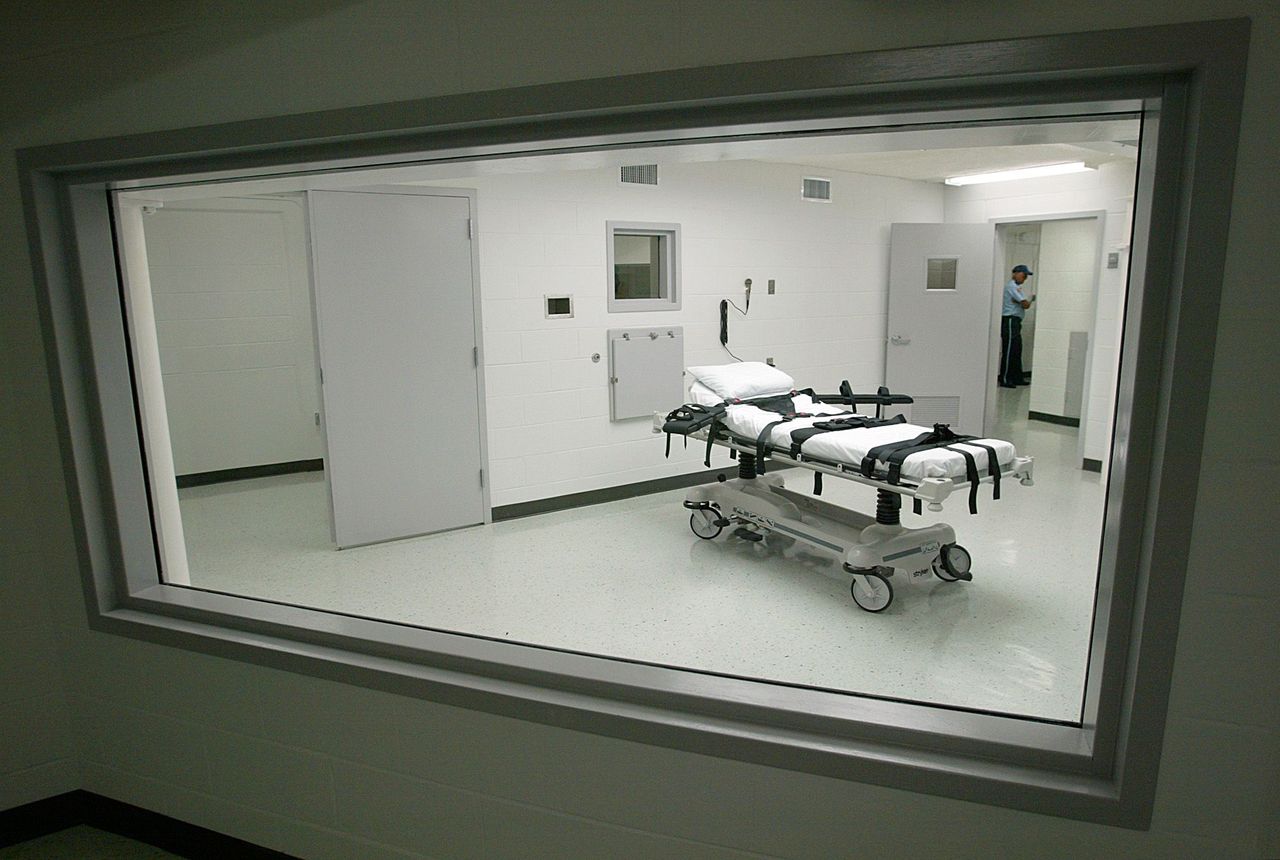Guest opinion: A culture of life excludes the death penalty
This is a guest opinion column
Last November, Alabama tried yet again to extinguish a human life in the form of a state sanctioned execution. The state’s previous three attempts to take a life did not go as planned. One resulted in a torturous botched execution and the other two were complete failures that had to be called off at the last minute. As people of faith who embrace a culture of life, we are deeply concerned about our state’s continued involvement in the killing business and are so pleased that Governor Ivey chose to pause executions after what transpired. Now is the time for a comprehensive, independent review of Alabama’s death penalty procedures. The execution process should not be shrouded in secrecy.
Even if Alabama could carry out the execution process without complication, which evidence suggests it cannot, we would still be deeply disturbed that in this day and age our state is engaged in killing souls when we have non-lethal means to keep our communities safe and hold individuals who have caused harm accountable. Our state is even contemplating a new form of execution which involves gassing people to death using nitrogen hypoxia.
How can we claim to be a state that values human life at all stages if we continue to devalue life in this manner?
Furthermore, at least seven innocent men have been freed from death row in Alabama after having their wrongful convictions overturned. One of them, Anthony Ray Hinton, spent 30 years on death row for a murder he did not commit. Several other men have been executed despite very serious doubts about their guilt. As long as we have a death penalty, there will always be a possibility of executing an innocent person.
As most of the country has turned away from the death penalty, Alabama is one of just a handful of states that continues to carry out executions. In 2021, 10 of the 11 people executed in the U.S. had some form of impairment, including severe mental illness, brain injury, disabilities, or trauma. Many of the people scheduled for execution in recent years would never receive a death sentence if they were tried today. Alabama has gone from sending 15 to 20 people a year to death row to averaging just two or three annually in the past five years, demonstrating that Alabama juries are very rarely opting for the death penalty anymore.
The death penalty also precludes the possibility of redemption. When so many of the condemned men committed their crimes at such a young age, many before the age of 25, we find it regrettable that these young men are denied a chance to redeem themselves or atone for what they have done.
We understand that many of the crimes these individuals have committed are unfathomable and the pain that they have caused unbearable. Our hearts go out to grieving families who are suffering. We must begin, however, to move away from the idea that taking more human lives is necessary or will advance the causes of healing or justice. For many victims’ families, the death penalty process inflicts further harm. It is also a false promise to victims when so many cases never result in execution: at least 170 Alabama death sentences have been reversed by state or federal courts. The millions of dollars spent each year in the pursuit of obtaining executions could be better spent helping victims’ families heal in the aftermath of violence by providing tangible services such as counseling, help with burial costs, and other forms of support.
We applaud Governor Ivey for pausing executions and ordering an investigation, which we hope will be fair and thorough. Now is the time to seek out more life-affirming options for reducing violence, holding offenders accountable, and addressing the needs of victims. A culture of life has no place for the death penalty.
Reverend Shane Isner of First Christian Church in Montgomery: [email protected]; Reverend Nan Adams of Providence Presbyterian Church in Montgomery: [email protected]; Reverend James Platt of Allen Temple AME Church in Phenix City: [email protected]
